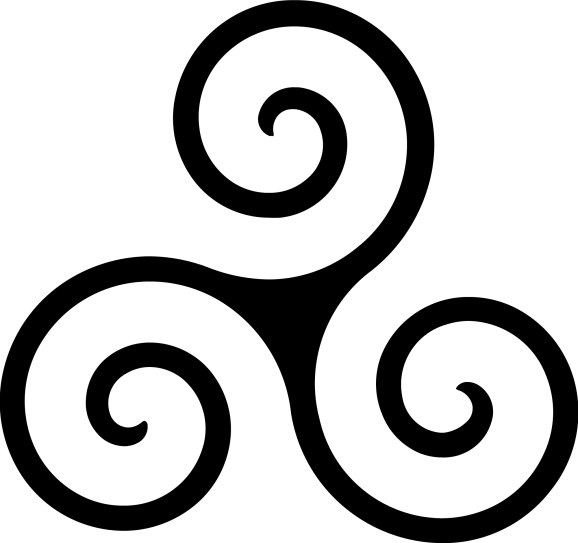Diving Into the Oceans of Time: Metamorphosis Part II
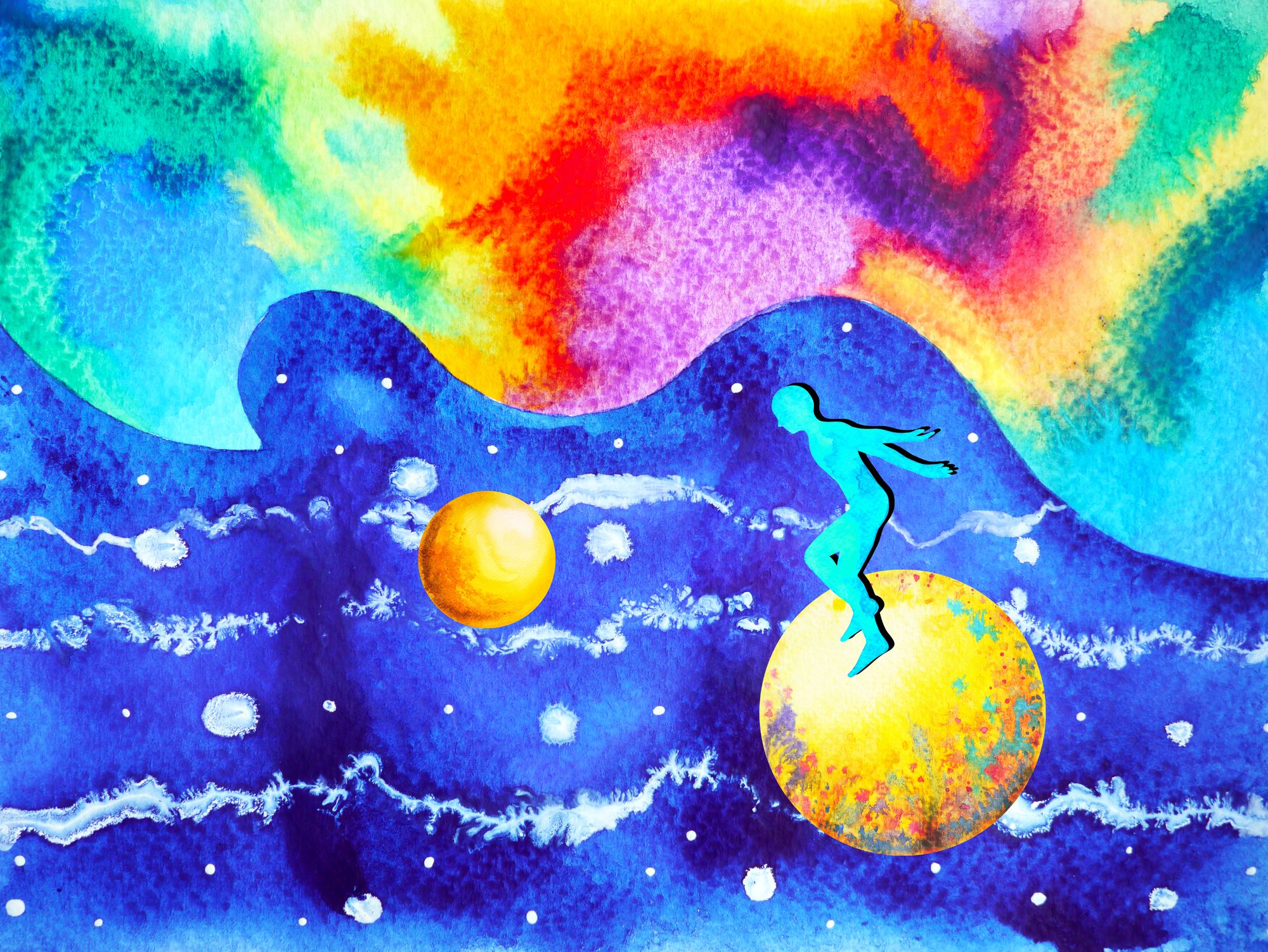
The question “why would someone use AKASHA?” has been asked many times, both inside and outside of the Foundation. Some of our earliest answers include things like: “decentralization,” “censorship resistance,” and “freedom of expression.”
We felt that these answers were good enough to justify years of active development and continuous experimentation with new, yet almost arcane technologies that most of the time do not behave as expected.
But these answers, among many other things, shine a light on our early understanding of how technologies like Ethereum and IPFS can be translated into a real application empowering people.
To put things into perspective, we've been compared many times to today's social media platforms but our intention was never to become “the new Facebook,” “the new Twitter,” or the new “X.”
Our intention was, and remains, to create something simple to use but meaningful in the way it works - proving in the process that “there’s a better way now” to tackle BIG problems, even if sometimes they seem almost “impossible to solve.”
This is how we started thinking about blockchain technology in the context of our freedom of expression as individuals, since individual self-expression is critical to maintaining a healthy balance in modern societies.
But, as we’ll see in this article, there is another side to the problem of freedom of expression, often ignored and/or suppressed - namely our ability to come together as one and express ourselves as a collective.
Partly, this is caused by the tools and social media networks we use today to connect with each other. Most of today’s “social apps” are poorly designed for this dimension of our humanness and optimize mainly for advertising revenue.
Also, we are not always conscious or aware of the “collectives” we’re part of. But acting together in collectives is something we are equipped by nature to do very well as social creatures - by design. It is something natural for us, humans.
We certainly become conscious of our “collective identities” when it matters - such as when our continuing to be together comes into question, or when decisions have to be made concerning our way of living together.
But how can we do well something that we don’t know we’re doing?
¯\_(ツ)_/¯
The Dark Side of The Cloud: Collected Intelligence (and Time)
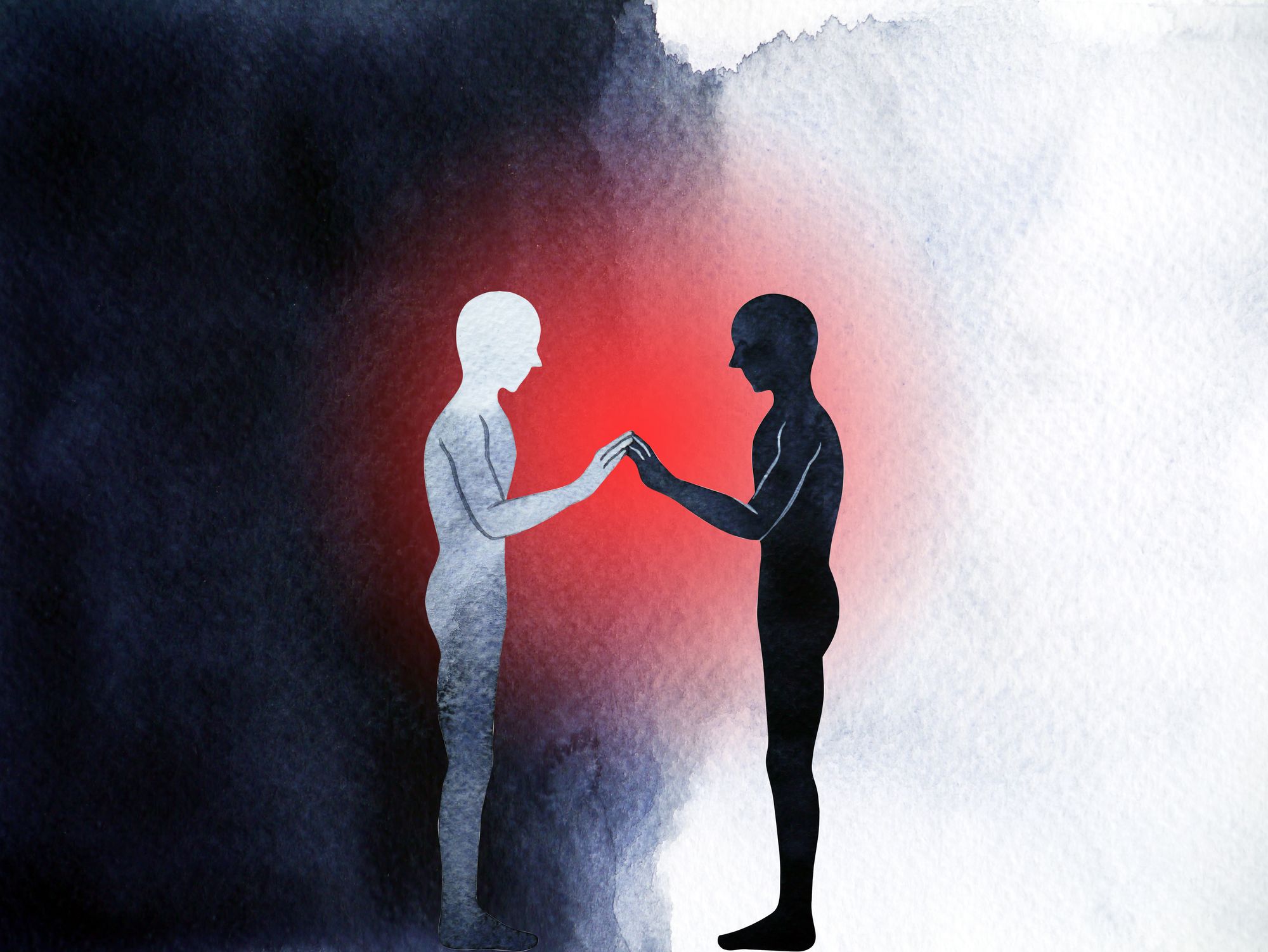
There are risks and costs to action. But they are far less than the long range risks of comfortable inaction. - John F. Kennedy
When talking about “Collected Intelligence” and “Collected Time,” it is important to keep in mind that no matter how friendly, colorful or cute they are in presentation, the current social networking apps are designed to exploit our human social traits.
And, to make things even worse, these persuasion machines are presented as friendly tools of mass information when they are increasingly becoming weapons of mass surveillance and disinformation.
As a result, we are living in an information-based society plagued with digital echo chambers, fake news, and a general state of uncertainty powered by black box algorithms deciding the ads you should see alongside your "news feed" (as in the news they feed you?) - manipulating your inner emotional states in the process.
“Facebook” as a word means “social media,” “social network,” or even “the Internet” to many people. Moreover, initiatives like “Internet.org” add to the confusion. Some might say that this is by design.
During our first experiments in the field, we found ourselves many times in a position where people, after hearing that we’re building a “decentralized social media network,” would ask something like “Ah, I get it! So you’re building like a new Facebook?”
This would then push us into a discussion on how “this should NOT be seen as a Facebook” and “this is different because.” We’ve thought many times on how to best explain the difference since people involuntarily place us in this box, more often than we’d like.
So here goes, in anticipation of this conversation.
By the end of this article, it is my hope that you will be able to make the difference between AKASHA, Facebook, and other ad-driven social media apps through a simple question making it easy to evaluate “free” Web 2.0 services on your own.
And in the process, maybe even more importantly, you might become more aware of how much potential already exists within us when coming together as one - both online and offline.
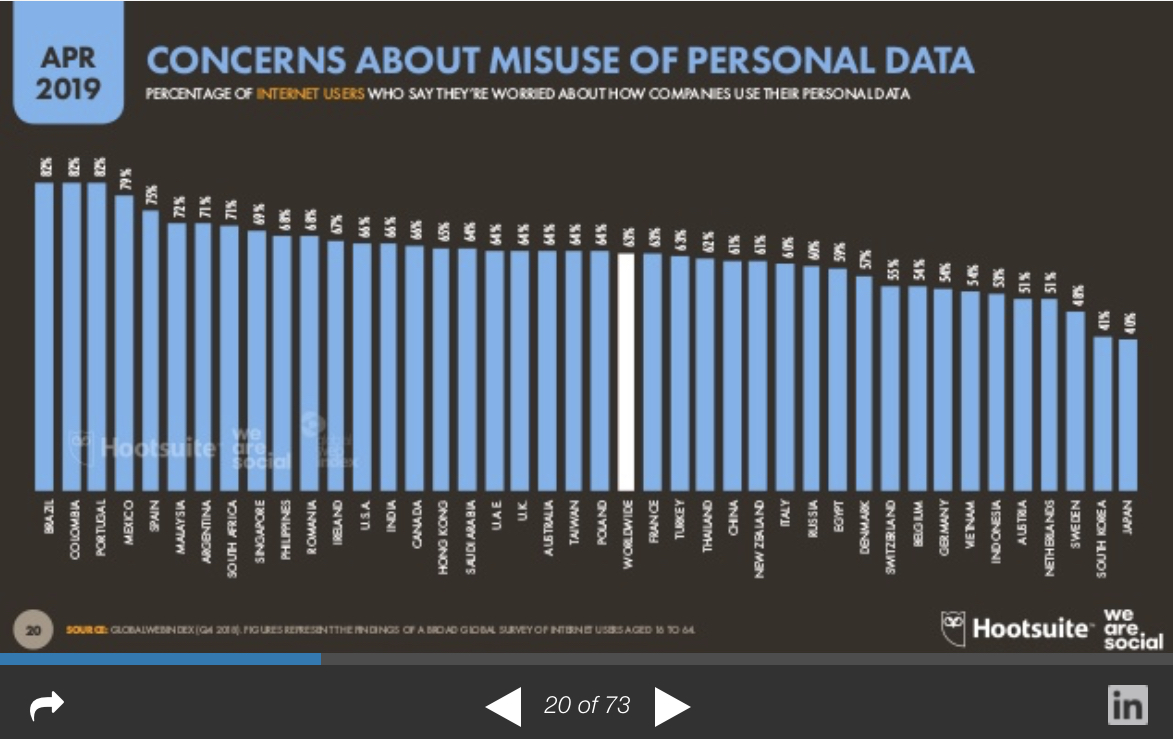
In the past we tried to approach this discussion from the perspective of privacy, personal data, security, censorship, and so on. We felt this made sense as the majority of people are at least “concerned” about how personal data is used by companies.
Today, we’re going to take another route, but do not forget that even if we are talking about other things than the privacy, censorship, and personal data ramifications, these problems are still “there”. Unfortunately.
Facebook and the Untold Problem of Collected Time Sinks
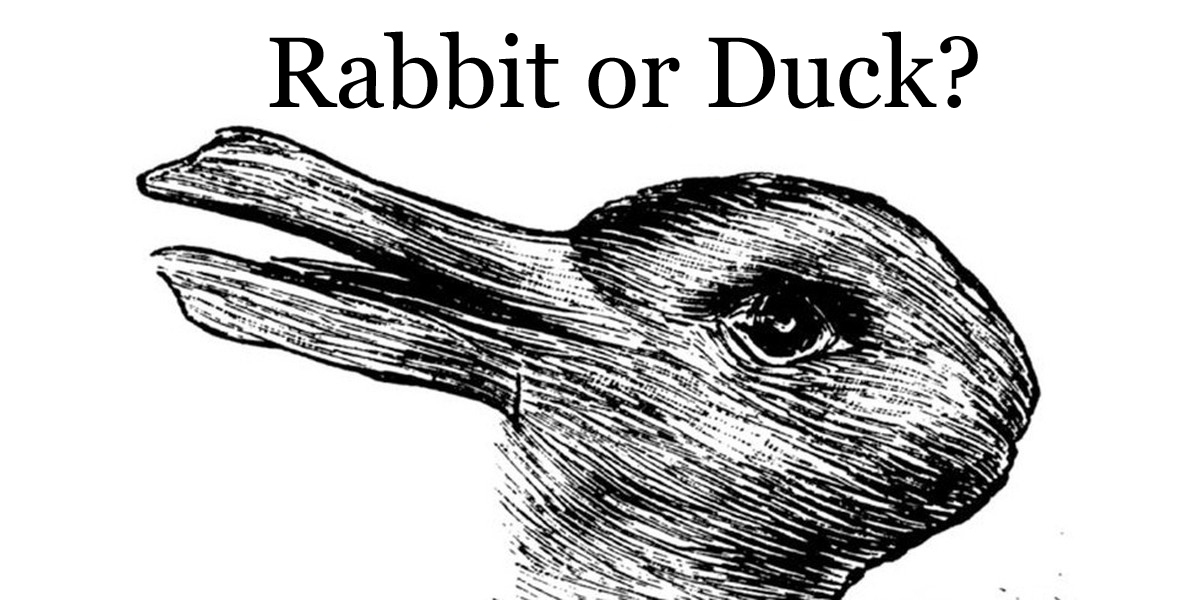
"A frustration I have is that a lot of people increasingly seem to equate an advertising business model with somehow being out of alignment with your customers. I think it's the most ridiculous concept." - Mark Zuckerberg
Firstly, it’s important to understand better “why” Facebook exists, the idea it is driven by and “what” it actually is - beyond emojis, reactions, and duck faces.
Here is a short segment from an interview with Sean Parker, the Founding President of Facebook; I’d like to draw your attention to this part:
“(...) the thought process that went into building these applications, Facebook being the first of them to really understand it (...) was all about how do we consume as much of your time and conscious attention as possible? (...)”
This quote highlights the core problem(s) we have as a social species when it comes to the things they optimize for - at our own cost.
Now, let’s take a look at how well Facebook has answered this question:
“How do we consume as much of your time and conscious attention as possible?”
- There are currently over 2.3 billion active monthly Facebook users
- From these people, 1.56 billion are active daily. We use a conservative average of ~24 mins/day (based on these numbers for the US).
- Now let's calculate how much time Facebook consumes from all these people
24 minutes * 1,562,000,000 people = 37,488,000,000 total minutes
Let's do some math to reach a number easier to understand and with less zeros.
Since there are 1,440 minutes in a day, we will multiply this number by the number of days in a common year calendar to find out the total number of minutes in a year.
I.e. 1,440 x 365 = 525,600 minutes in a common year calendar.
Now that we know how many minutes there are in a year, let's see how much time Facebook consumes from all these people - converting this now to years:
37,488,000,000 total minutes / 525,600 minutes in a year = 71,324.2 total years
Sadly, that’s not an error... the result is actually OVER 71 THOUSAND YEARS.
To better understand the magnitude of the problem, such a vast period of time would fit the entire history of Homo sapiens from the Upper Palaeolithic (70,000-12,000 years ago), the Holocene (12,000-2,200 years ago) encompassing Bronze, Iron Age (3,200 BC - 700 BC) and Classical Antiquity (700 BC - 400 AD) until modern times.
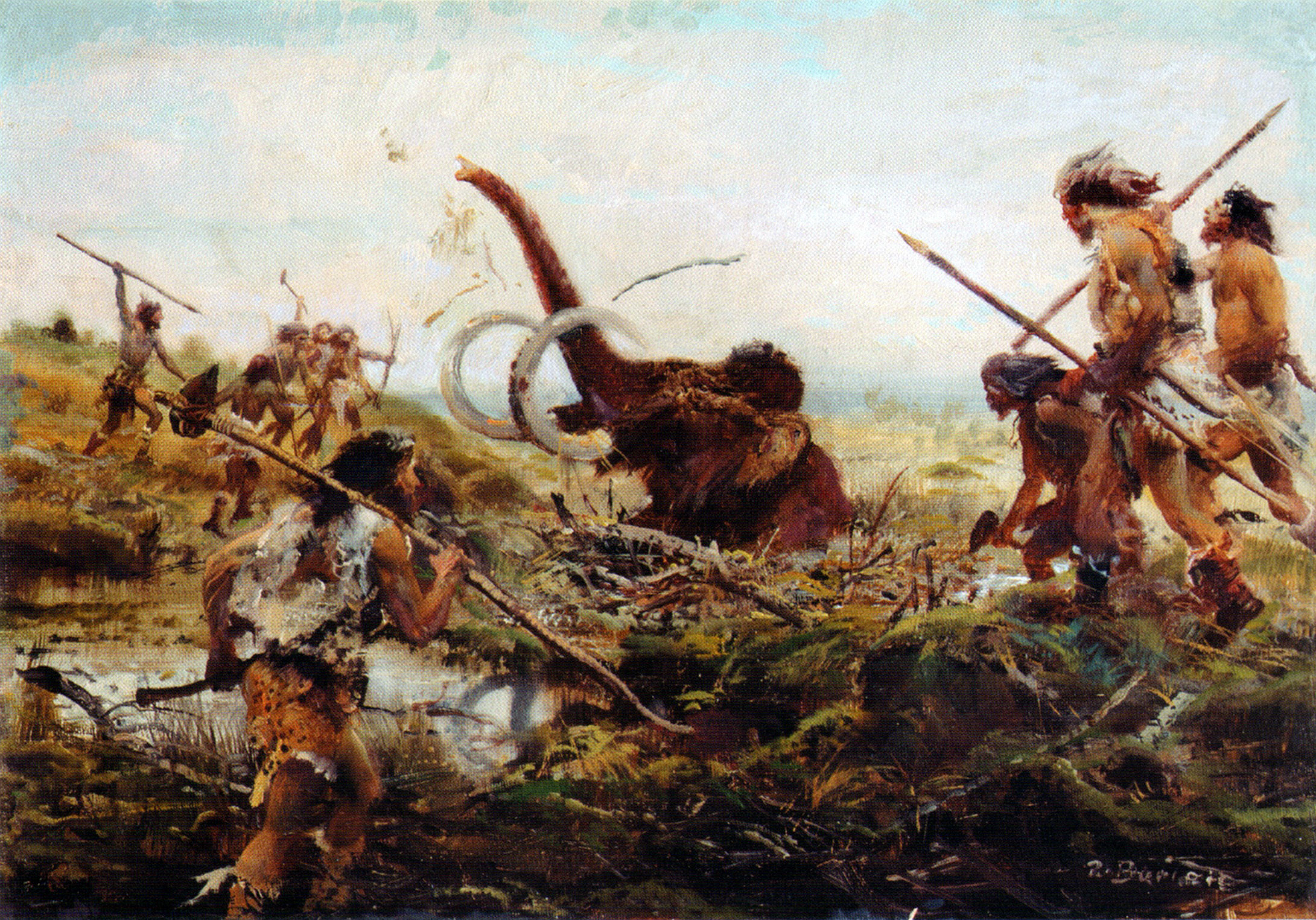
Illustration source here - by Zdenek Burian
If you're shaking your head in disbelief, we invite you to verify the numbers yourself.
Go ahead, please verify the numbers yourself. We'll wait for you.
.
..
...
Now that we have this fact clarified, here comes the kicker:
Facebook consumes over 71,324 years from the lives of all these people.
Every. Single. DAY.
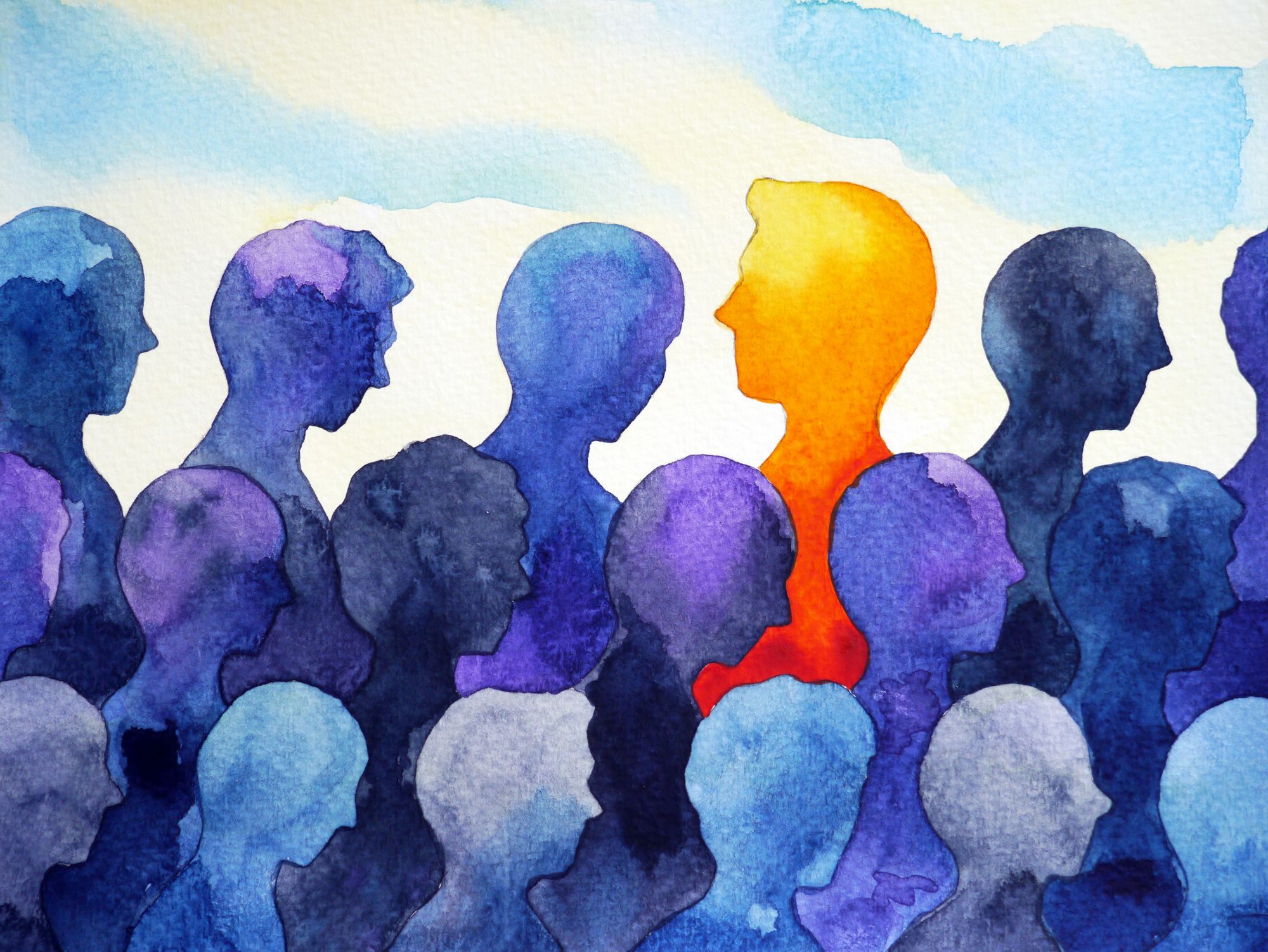
And as if that was not crazy enough, when calculating how much time Facebook consumes from our lives yearly, the result is even more outrageous:
71,324.2 years * 365 days = 26,033,333 total years consumed every year.
For those wondering, that's not a typo....the result is actually over 26 MILLION YEARS siphoned by Facebook EVERY SINGLE YEAR from the lives of the people caught in its dark cloud.
And we can expect this only to become worse, day by day. As an example, here is a chart indicating how the time consumed daily by Facebook alone has kept growing steadily in the past years:
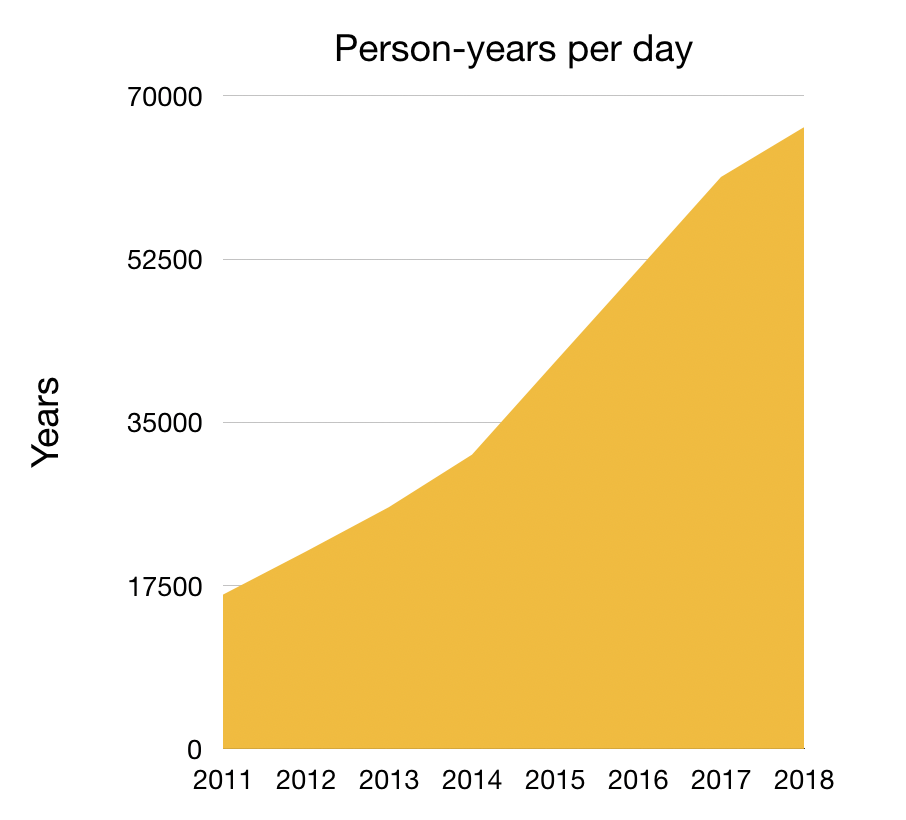
For those curious on what our sources were for these calculations, they can be found here and here. We invite you to verify the numbers and share this information with all your friends, because we feel that not enough people are aware of how BAD things actually are.
Without even realizing, humanity has had over 70 thousand years of its collective life and attention stolen by Facebook alone. Every. Single. Day. That means over 26 million years siphoned per year from our collective ocean of time.
And as if that’s not bad enough, this calculation does not even take into account Instagram, WhatsApp, YouTube, Twitter...
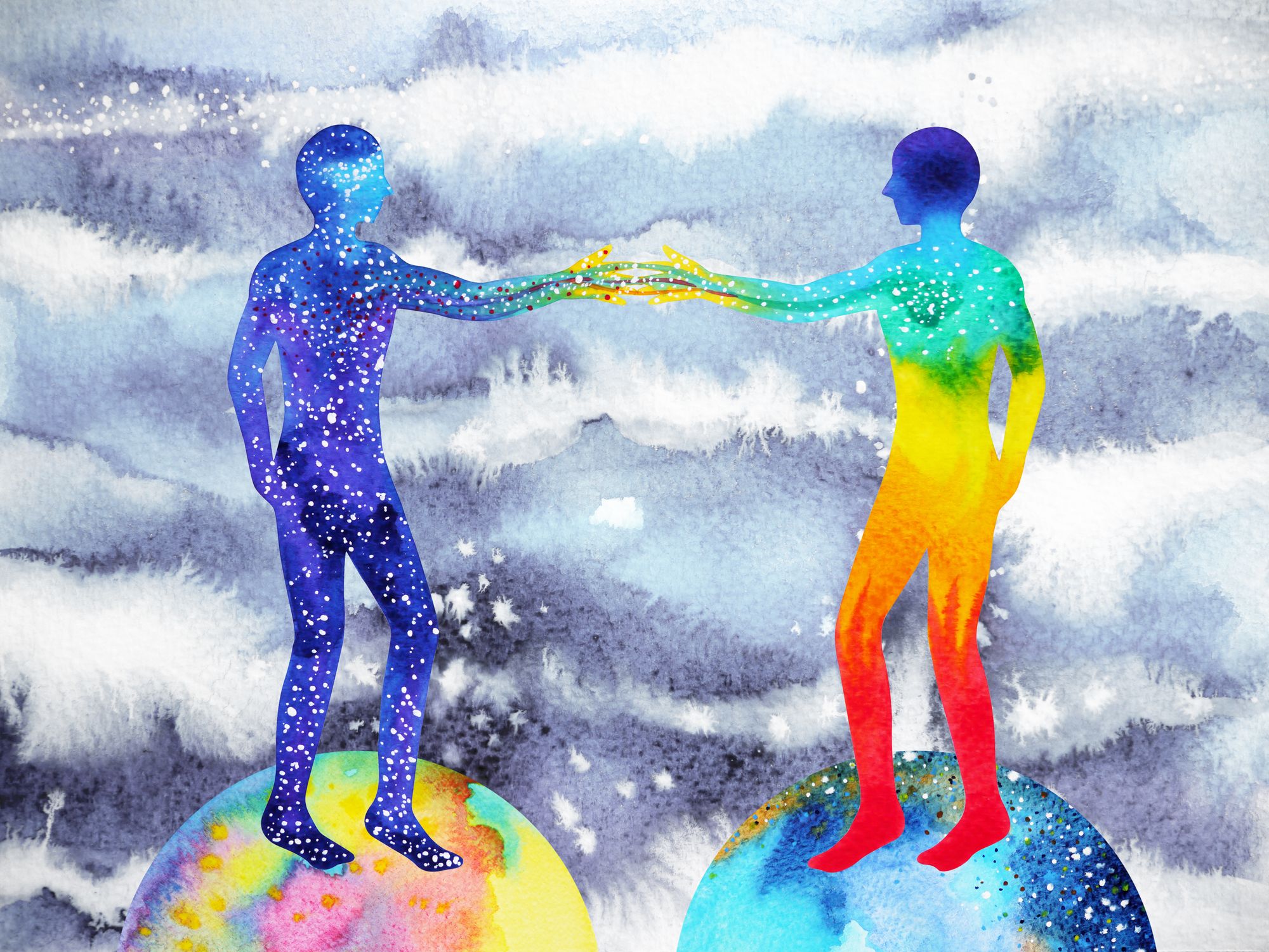
Facebook is just one - albeit the largest - of such applications designed to consume as much of our time as possible as a global species - portraying the sad present and dark future of humans living in the world of Collected Intelligence and Time.
A world designed to manipulate every user through gentle pushes constantly exploiting our feelings and, maybe even more dangerously, continuously (re)shaping our state(s) of mind.
But it’s not too late to make a change.
As of now, only half of the planet is engulfed by this dark web feeding off our collective ocean of time and attention. The battle for a better home of Mind is not lost until the entire planet is completely covered by this dangerous, ominous, cloud.
We still have a chance. For now.
From Collected to Collective Intelligence, Time and Action
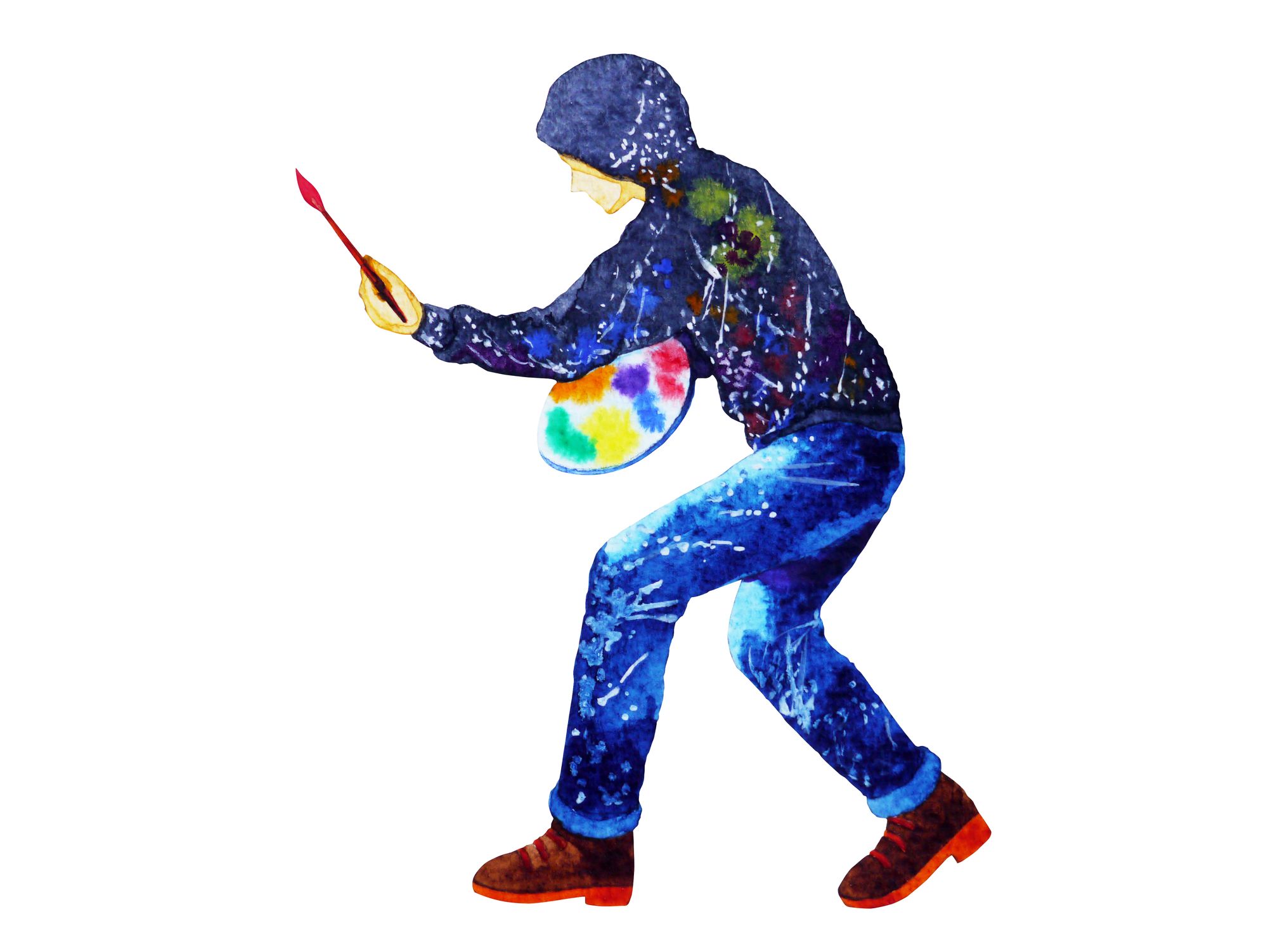
"I updated my grilling app, iGrill, today and it now has Facebook integration that lets you see what other people are grilling right now around the world. Awesome." - Mark Zuckerberg
Motivations aside, the Web and its social networking apps have brought humans “superpowers,” enabling us to transcend space and time, similar to a digital nervous system interconnecting us on a planetary scale.
Whereas the main “superpowers” we unlocked as a species during the Web2 wave revolved mainly around individual self-expression with “user-generated content,” “discussion” and “reactions” on various topics, we tend to believe that the next wave of popular social networking apps will expand our actions and interactions beyond just comments and likes.
While it is not quite clear what the next wave of blockchain-enabled social networking apps will bring, we do have some examples that can help us make educated guesses. With the risk of looking back to this post in a few years and feeling amused by these predictions, let’s try to paint a picture of what the future might bring.
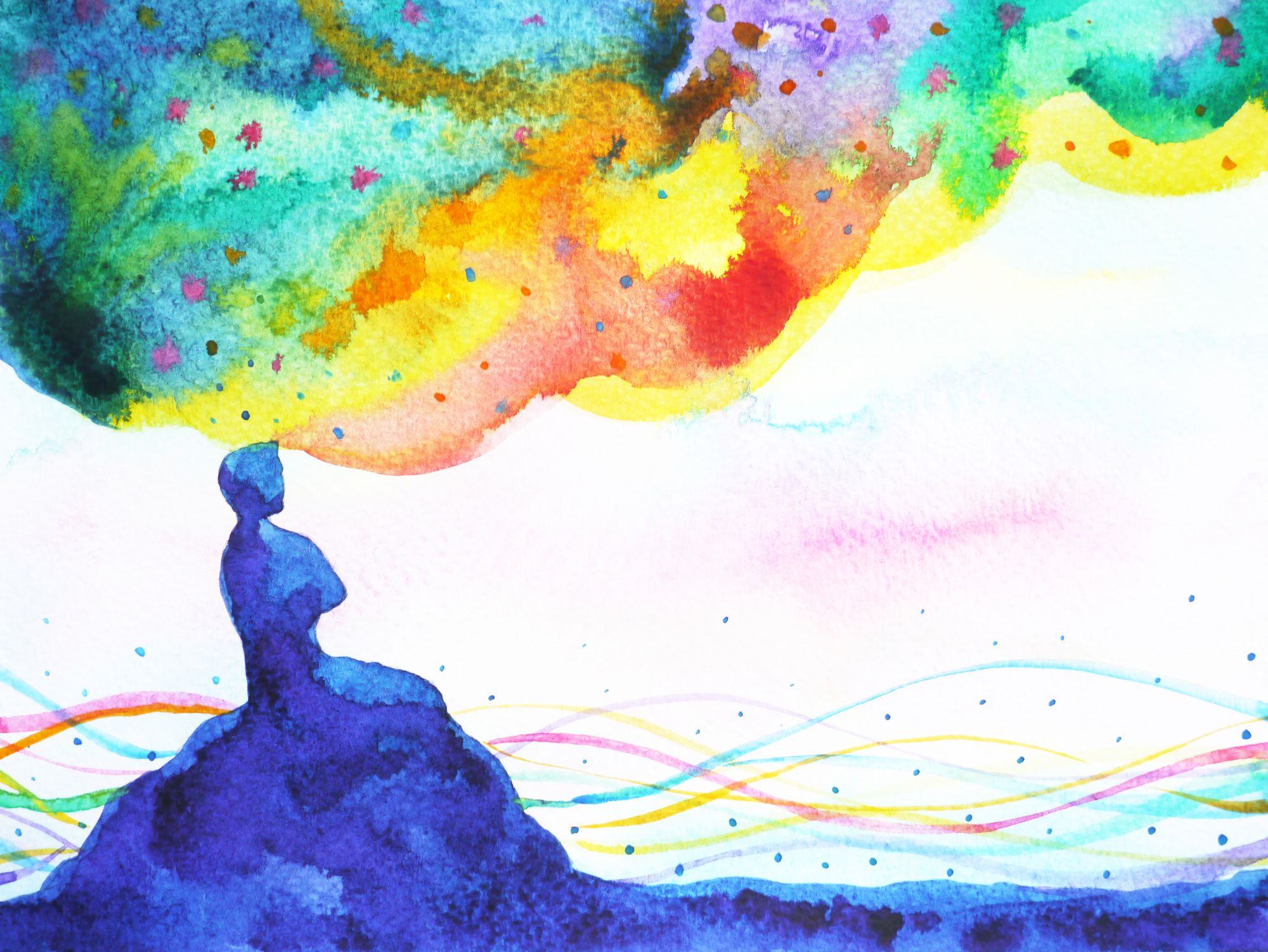
To start, let’s list some of the new “superpowers” blockchain brought us:
- Censorship-resistant freedom of transaction (cryptocurrencies)
- Censorship-resistant freedom of expression (decentralized publishing platforms)
- New forms of organizing & collaborating at scale (DAOs, DOs, etc)
- New forms of decision making (decentralized governance systems)
- New forms of “value” (ERC 20, ERC 721, etc)
- Many other things that we probably haven’t discovered yet?
Now, let’s do some futurescaping with this in mind.
How will these new superpowers transform our interactions?
How can these puzzle pieces fit together when taking into consideration both our individual and collective abilities to organize and express ourselves?
We cannot know for sure but, this time, I tend to believe that by combining these puzzle pieces, collective (and intelligent) self expression can become "a killer app" just like individual self expression became the "killer app" of the Web2 social networking apps wave.
Thanks to these new puzzle pieces, people will be able to do more than “discuss”, “like” or “react” to various topics as observers of our world reality (while being observed, analyzed, and monetized).
This time, people will also gain the ability to organize, crowdfund and coordinate collective action as co-creators of our world reality (by using the tool, not being used by the tool).

When reconsidering the initial question of “why” would someone use the AKASHA dapp, the new answers point to a future where individuals and organizations can exchange more than just “upvotes” or “likes.”
In fact, it is already possible to exchange “value” in so many new forms and shapes on blockchains - from cryptocurrencies to crypto kitties. With this in mind, it should be possible to go beyond just “talking about stuff” and “actually doing something about it” in completely new ways.
Self-sustaining communities, research crowdfunding with stable currencies, open-source software & hardware, activism crowdsourcing, and purposeful collective actions are within reach.
So far, blockchain social networks brought discussions and reactions on blockchain(s) with the "innovation" part revolving mostly around adding a cryptocurrency and an incentive scheme into the mix - with the incentives usually aiming to incentivize users to generate content on the platform(s). Yet another type of “Collected Time Sink”, where you get ✨tokens✨ for your collected time.
We've been there, just to ask ourselves "is this it!?" 🤔
What if we take a more expansive view of our human nature, one that aims to enhance rather than replace real world interactions? What if we ponder our humanness as something including both individual and collective self-expression, digital and physical reality, mind and action?
In a moment of inspiration, someone might ask:
What if we can build something better with the new superpowers we unlocked as an information society? What if we can co-create something enriching our collective time and existence instead of consuming it for profit?
What if we build something designed to enhance our natural ability to come together as one - but this time not around a “common enemy,” but instead for the “common good?”
AKASHA.world: Designing for Oceans of Collective Intelligence and Time
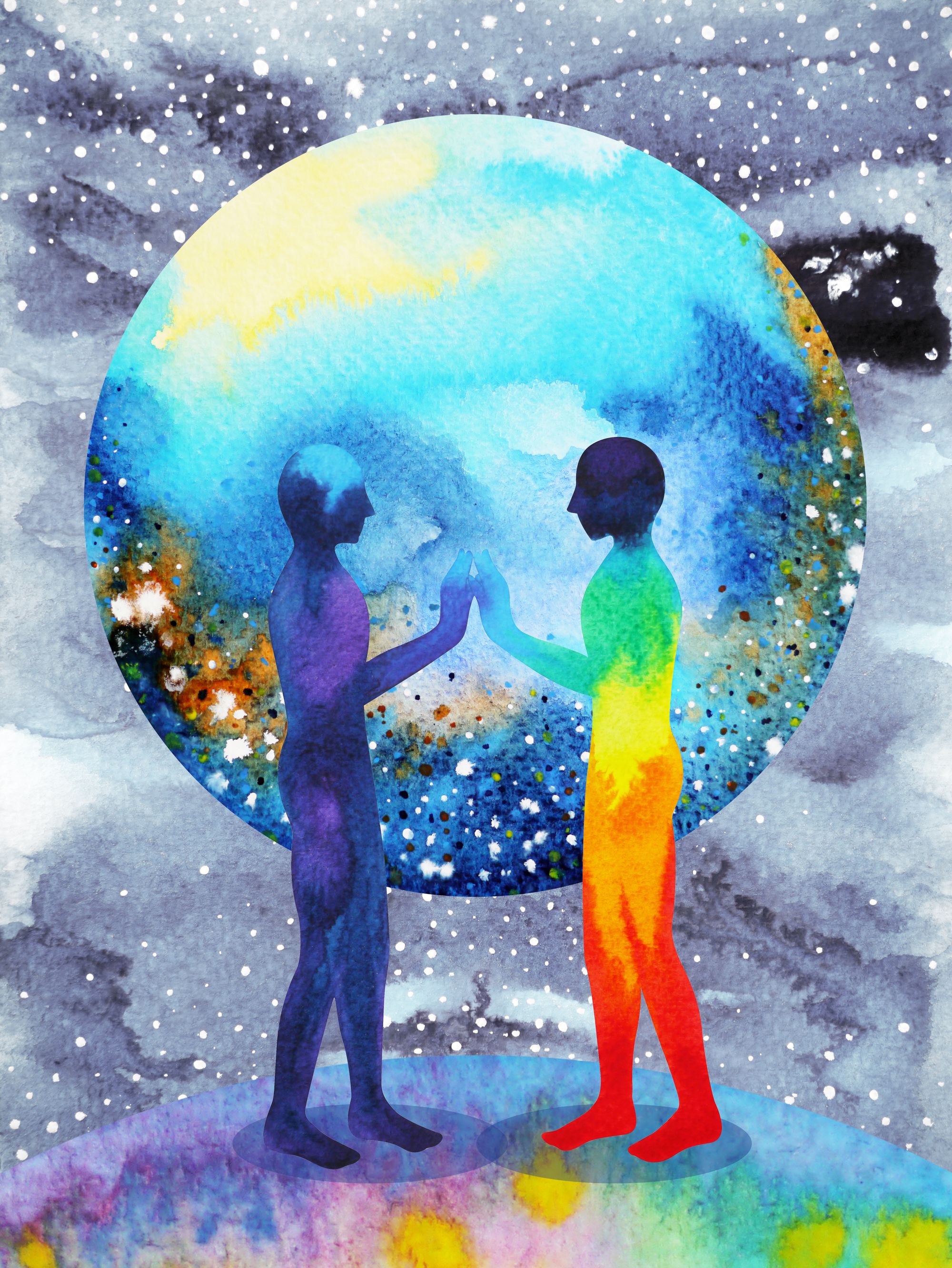
"The present was an egg laid by the past that had the future inside its shell." - Zora Neale Hursto
The nature of “time” is something we rarely contemplate throughout the day. We are used to look at a clock and interpret the hour shown in relation to our own individual perception of time - i.e. “it’s 3:30 PM, just 30 mins more and I’m done with work.”
The generally accepted individual perspective is that there are 24 hours in a day, time being the same for everyone living on this planet - of course with the exception of a few time zone differences, here and there.
However, looking at time only from the individual perspective hides our own power as individuals part of “humanity” - a social species inhabiting this planet with a population approaching 8 billion individuals. 🌍 🌎 🌏
Another way to look at time would be from the perspective of collectives. For the sake of simplicity, let’s call this “collective time measuring.”
From the perspective of “collective time measuring,” a day on planet Earth does not equal 24 hours. Each person has 24 hours of individual time every day but when becoming part of a network of relations, the time is measured by multiplying it with the number of nodes experiencing their own unique flow of time.
In other words, a day on planet Earth measured through the combined perspective of the 7.7 billion people currently inhabiting it, would equal over 21 million years in collective time - every 24 hours.
As a more tangible example, this is how the “Internet ocean of time” would look like if we would envision the current population using the Internet:
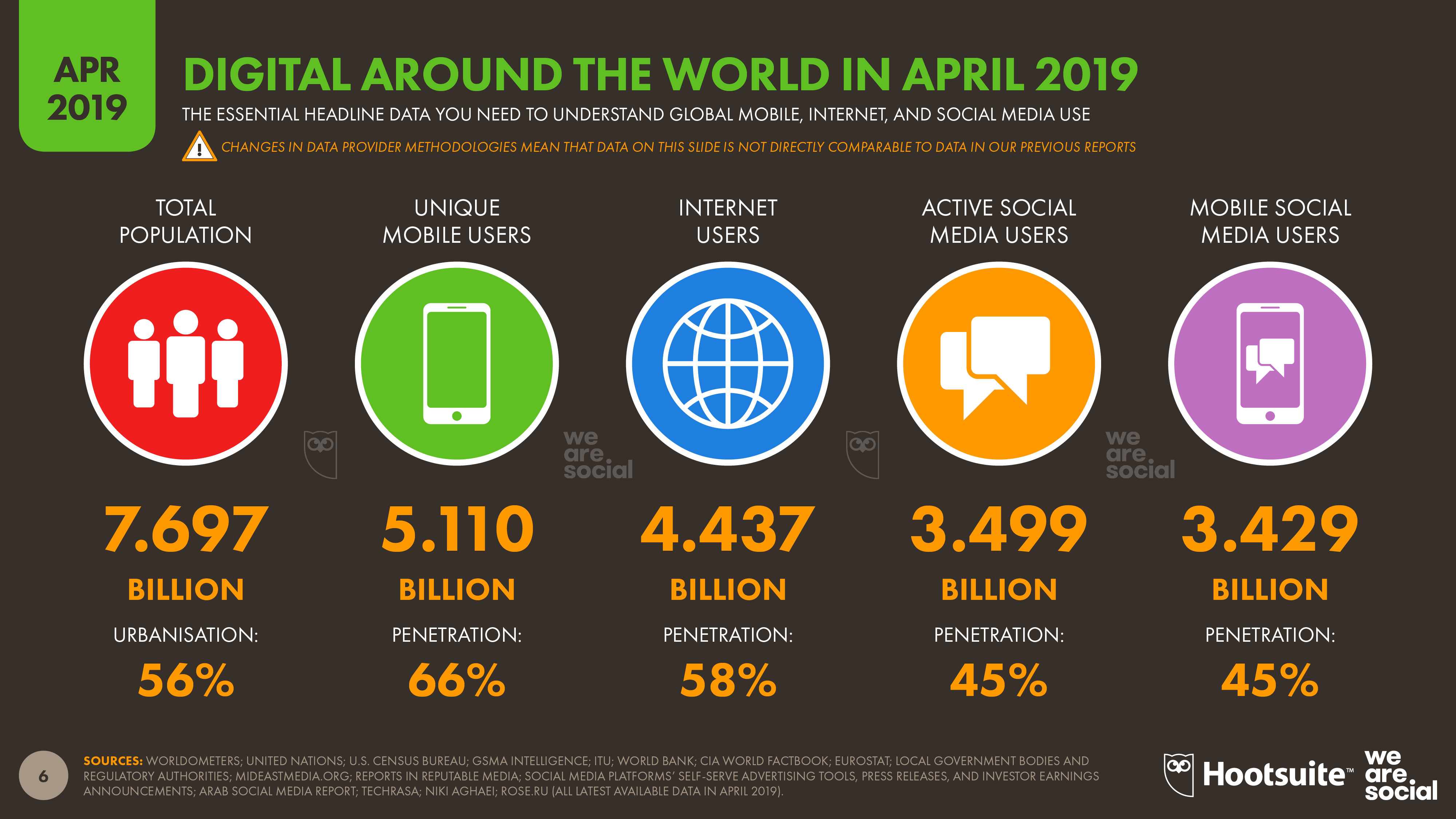
Now, you might ask yourself "why does Facebook et al. want to consume so much time from our lives?" and "what is Facebook et al. actually doing with all our attention and time?"
Or even better "what could each of us individually do and what could we all do together, if we used only a tiny slice of this time in different way?"
If we take even a tiny slice of individual time spent online and multiply it by 4.437 billion people, the resulting oceans of collective time are still incredible:
- 1 second * 4.437 billion people = ~140.7 collective years every second
- 1 minute * 4.437 billion people = ~8,441.7 collective years every minute
- 5 minutes * 4.437 billion people = ~42,208.9 collective years every 5 minutes
With these numbers at hand, if we take a small pond of this collective time (1 second) and put it into the bigger picture, here are some highlights from 140 years ago (1879):
- The first automatic telephone switching system patented
- The first cable connection between South Africa and Europe
- The invention of a hearing aid called the Audiophone
- First cash register patent designed to combat stealing by bartenders in saloons
- First patent for a gasoline-driven automobile
- First patent for a refrigerating apparatus
- Edison gives the first public demonstration of his incandescent lamp
The things enumerated above might seem “normal” today but they started 140 years ago as ideas, prototypes and patents. In the decades that followed we reached a point of innovation diffusion making these ideas part of our “normal” day-to-day lives.
These examples should help us acknowledge how it’s not only humans changing the world through technology. This is also about how technology changes us, its users, especially during this race for corporations to maximize their profits by siphoning our precious time through any means necessary.
This is also about the opportunities ahead of us if we can tap into this human ocean of time made possible by the Internet and the Web, to solve some of our biggest challenges we face today as a civilization.
The potential is already present but today the most popular tools of communication are built to collect our time and monetize it, using unhealthy psychological hacks to keep us addicted and returning for more.
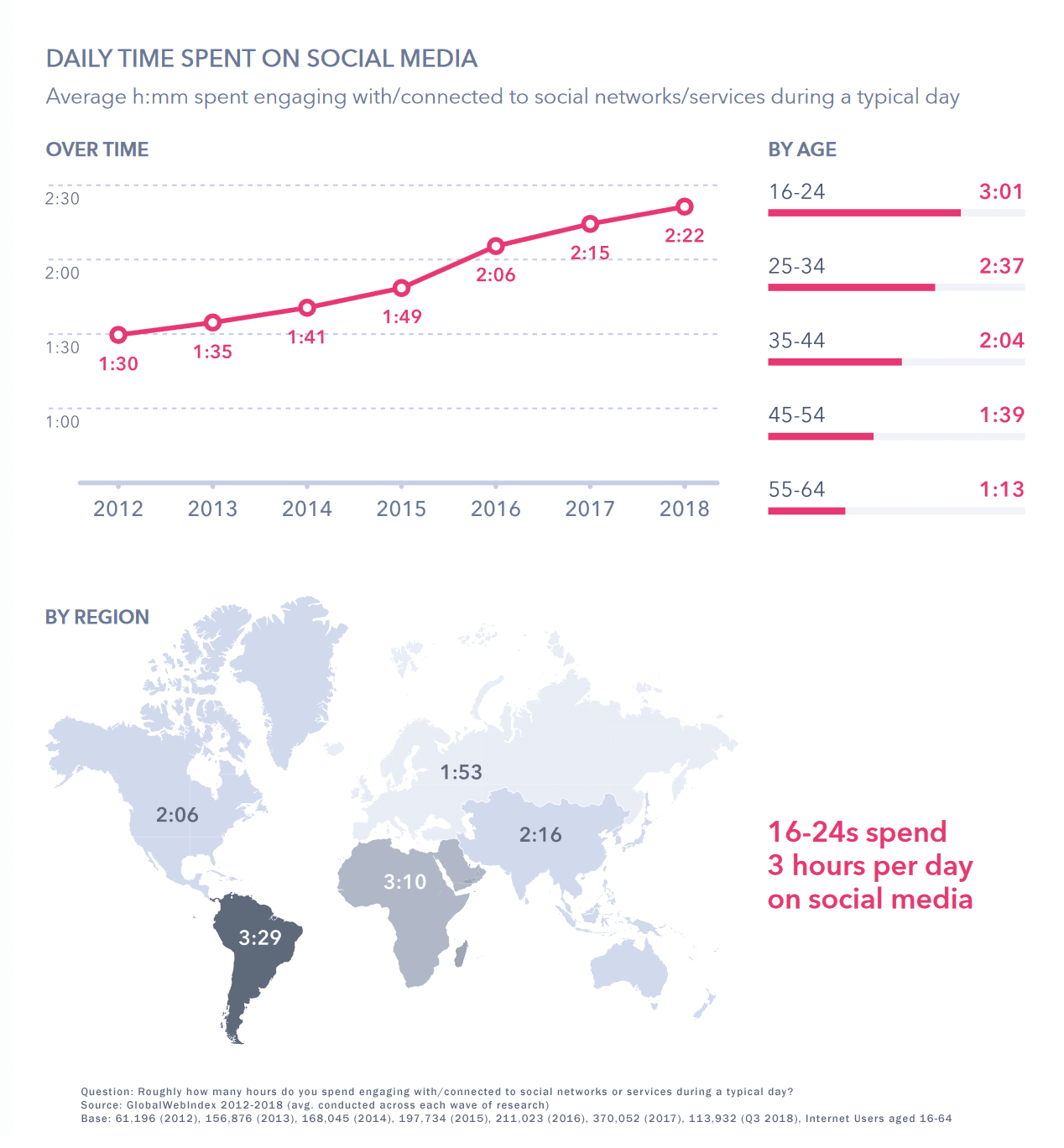
“More time collected from our users means more ads which translate into more money for our shareholders.”
I have to believe that’s the “short-sighted thinking” behind “the thought process” (how do we consume as much of your time and conscious attention as possible), because anything else would be simply too evil to even contemplate.
From this perspective let’s ask and answer the question:
”What do we want to do with the collective time of people using our application?”
As a non-profit born at the intersection of blockchain and collective intelligence, we want to help individuals unlock their potential through open systems that expand our collective minds at local, regional, and global scales. In short, we provide you with the tools to create oceans of collective intelligence and time for purposeful action.
In contrast, what does Facebook do with the collective time of people using their application(s)?
As a for-profit corporation, they want to increase shareholder value by maximizing the profit from advertising through highly-addictive practices and interactions designed to exploit a human vulnerability. In short, in a true “Collected Time Sink” fashion, CONSUME as much as possible of your time and intelligence for money.
A general assumption of the last century was that the masses are generally “dumb,” heavily influenced by the work in the fields of crowd psychology also known as "mob psychology". Facebook appears to be operating under this assumption as well, personified eloquently by Mark Zuckerberg in the now classic messages calling Facebook users “dumb fucks...” 😒
Today, we believe that through a product like AKASHA.world we can turn this assumption on its head. Works like Social Physics, Collaborative Intelligence, Swarm Leadership, and Reinventing Organizations (among many others) have become very relevant and a source of inspiration towards building new systems enabling humans to come together as one, unlocking in the process our potential as a social species, co-existing and thriving in a post-industrial society.
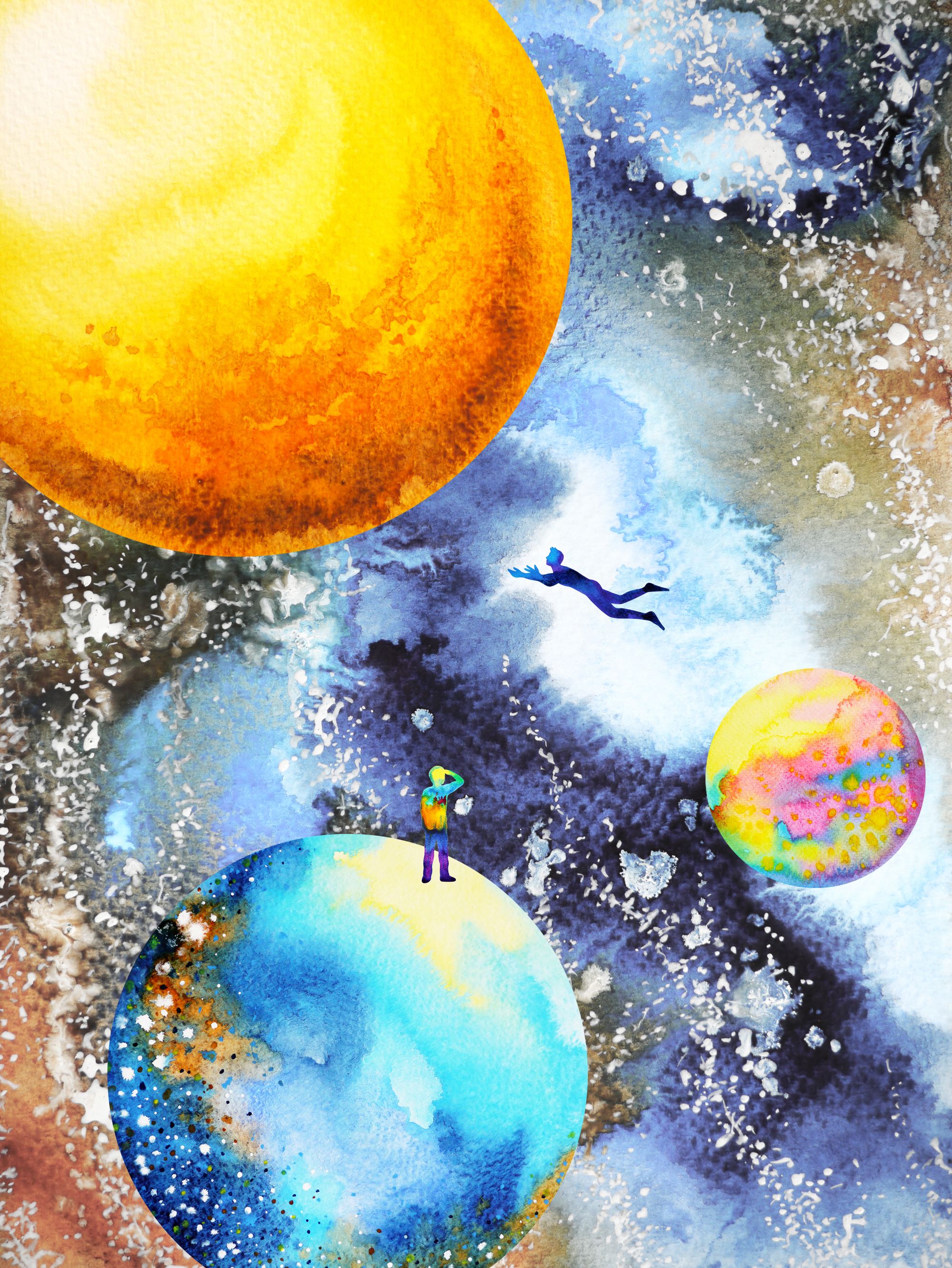
In the beginning, we asked ourselves if a decentralized social network shaped as a censorship-resistant publishing platform was the best use-case to focus on.
We reach now the conclusion of this post with a renewed understanding of “social networking apps as tools” and how we can enhance, instead of exploit, our social human nature with technology and, more specifically, blockchain technologies.
While we do not know if this is the best we can expect blockchain technologies to bring into our lives, we do know that having a better way for humans to self-organize as an intelligent collective in response to the biggest challenges of our times is something that can bring massive good into the lives of many people.
The current "social networking" tools result in a collective cacophony marked by fake news and surveillance capitalism. In contrast, we seek to create a symphony of knowledge and wisdom weaved together through purposeful acts of individual and collective self expression.
These new horizons for social media networks can be seen as ways to gain empowerment and new avenues through which we can collaborate towards a more equal society.
Only that this time through technology designed to maximize collaboration potential and collective intelligence, not advertising profit. Through something that enhances our human condition rather than turning it against us.
Now the answer to “why” would someone use AKASHA.world expands to include things like “collective intelligence,” “collective time oceans,” and “purposeful action.” Through this lens, AKASHA becomes one of the first movements seeking to ignite thousands of other movements as part of a network of social networks brimming with potential.
To what end, you might ask?
Interestingly, the answer is for you to decide because very soon we will all become more than just passive observers of the reality surrounding us.
This is why, even though we cannot offer you an answer, we can leave you with a better question:
What is the change you want to see in the World?
Sign up and let’s make it happen together!
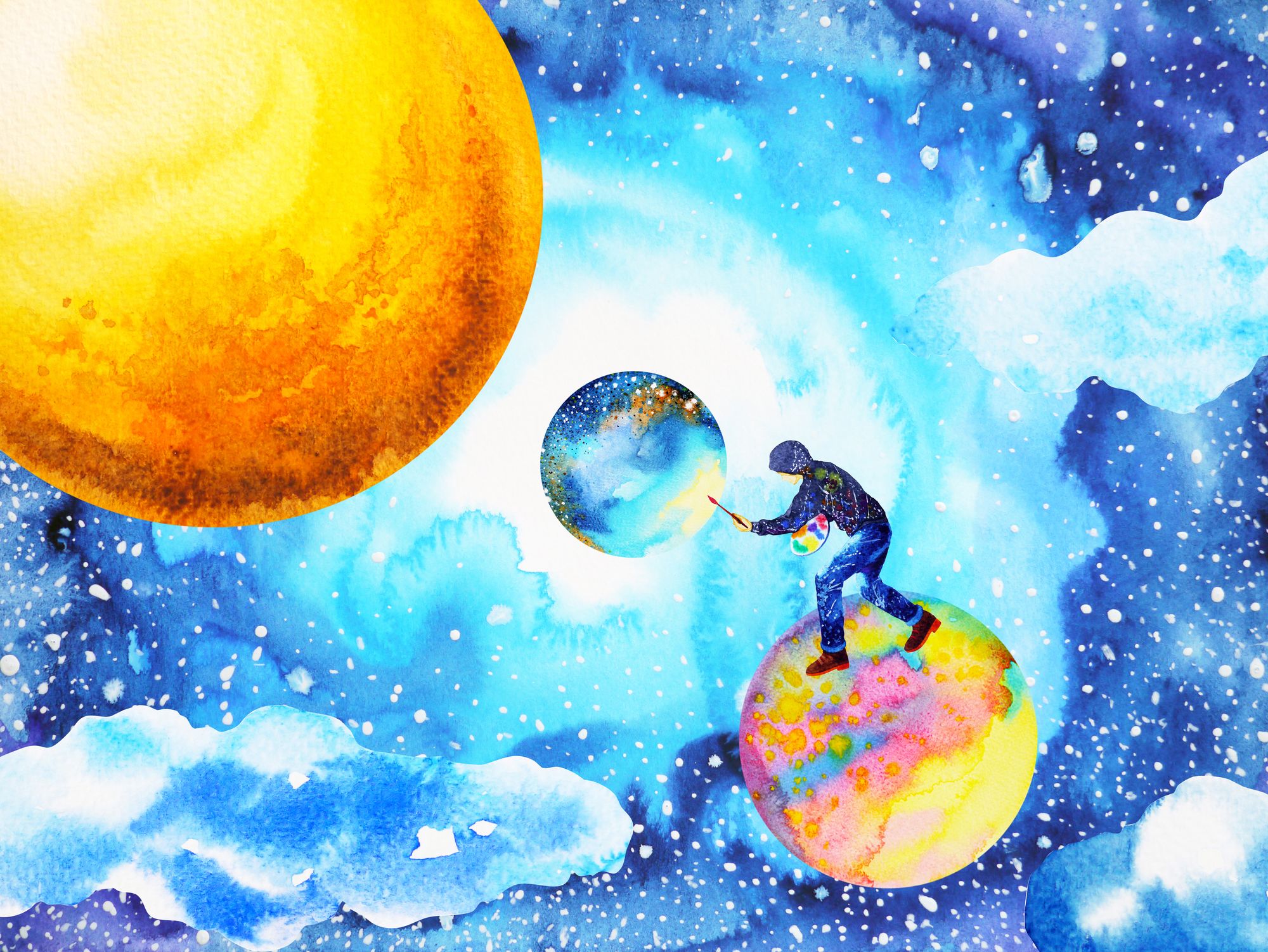
\ o / \ o / \ o /
End of Part II | Part I
👋 Join the conversation on Reddit / on Twitter / or Discord :)
